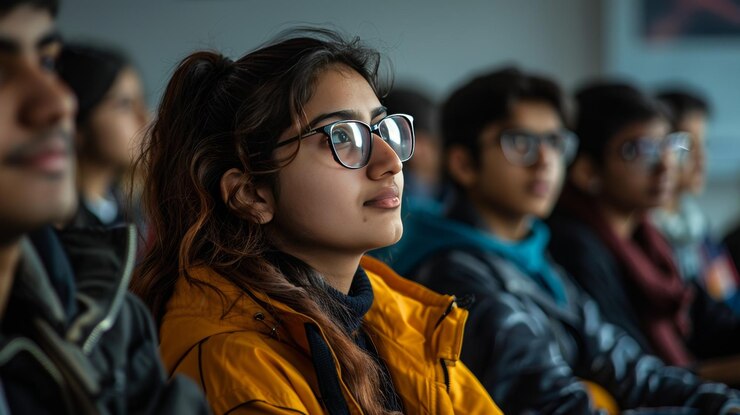The job market today is highly competitive. Rapid technological developments in the industry have brought about the fourth industrial revolution (I4.0) in the late 1990s. New technologies considered hallmark of I4.0 have disrupted our worlds to an extent that they have dug their feet in almost every aspect of our livelihood – especially education.
Take artificial intelligence and internet of things, for instance. These technologies have decentralized decision-making processes and increased efficacy in learning experiences for educators and learners across the globe.
Today employability, while still a challenge, is no longer just characterized by routine work. The demand for service and knowledge-based occupations has increased. That’s the future that the fifth industrial revolution has brought along with it. A key topic today for governments around the globe is to prepare learners for the new ways of working, climate change, and “provide a vision of industry that aims beyond efficiency and productivity as the sole goals and reinforces the role and the contribution of industry to society.” The wellbeing of the workforce is paramount; so is respecting the production limits of the planet.
Educators, policy makers and researchers are tasked with identifying and developing skills that will help us achieve the vision of I5.0. These skills are known as 21st century skills, future skills, digital aptitudes, soft skills and survival skills.
So, what are these skills and how can students start learning them?
21st-century workforce skills include critical thinking, creativity, collaboration, and communication—essential tools for problem-solving and innovation. Life skills such as flexibility, leadership, social skills, and resilience are equally important, helping individuals adapt to new challenges and develop a well-rounded personality and character. Together, these skills will prepare new-age learners for success in diverse and dynamic work environments. Schools are in a unique position to facilitate and integrate programs that actively cultivate these 21st-century skills.
How will this transformation take place?
The NEP 2020 emphasizes on incorporating new programmes and courses into the curriculum that can help learners enhance 21st century skills. With the help of new subjects, schools can design the academic calendar in a way that they can adopt a unique pedagogy that encapsulates all the contemporary learning methodology, essential tenets of NEP 2020, NCF, 21st-century skills, and SDG goals. The design aligns learning to industry needs and problems and enables the learning journey focused on holistic development.
Another key aspect of NEP 2020 is community involvement, which includes immersions and activities that promote engagement with diverse groups. These experiences can learners develop leadership and teamwork skills while gaining a deeper understanding of interpersonal dynamics. Early exposure to these scenarios will equip them to handle conflicts and reach constructive resolutions.
Furthermore, NEP 2020 integrated courses promote inclusivity. Students won’t just learn about marginalized communities; they will interact with them, fostering understanding and empathy. This approach can reduce prejudice and bias in workplaces, instilling a sense of ethics and respect among colleagues.
In summary, the NEP 2020 integrated courses and bootcamps help learners in a unique position to prepare them for a wide range of employment opportunities, making these skills an invaluable addition to their education.
Dr. Ritu Uppal is the chief academics officer at Get Set Learn, an Arvind Mafatlal Group










